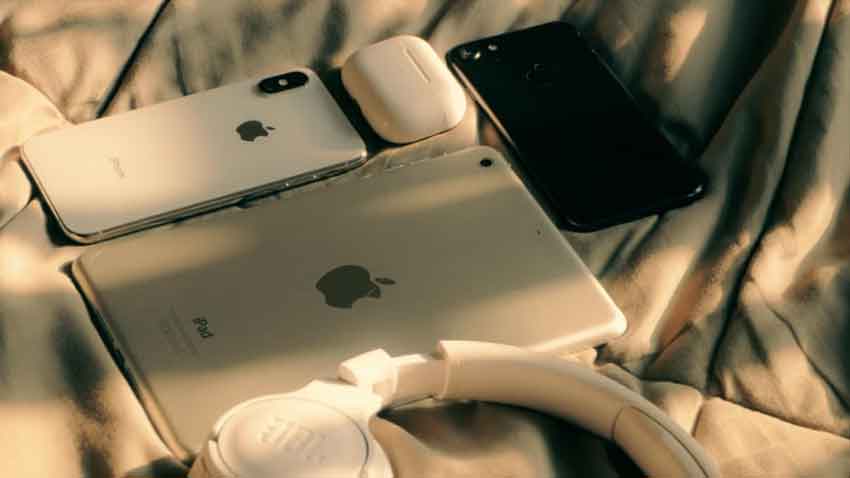
US District Judge Julien Neals in Newark, New Jersey, has rejected Apple’s attempt to dismiss the case. The judge ruled that Apple’s restrictions on third-party apps and devices may have unfairly stopped users from switching to rivals, strengthening Apple’s market power.
This decision paves the way for a potentially years-long legal fight, as regulators try to break what they describe as Apple’s tight control over the iPhone ecosystem.
An Apple spokesperson said the company believes the lawsuit is wrong both on the facts and the law, and promised to fight vigorously in court. Meanwhile, a spokesperson for the DOJ declined to comment further.
Apple’s iPhone remains the world’s most popular smartphone, with sales reaching a massive $201 billion in 2024. In February, Apple also launched a new budget iPhone model with improved features, priced at $170 more than its earlier version, signaling its continuous push to dominate the market.
The lawsuit, filed in March 2024, highlights Apple’s restrictions and fees on app developers, along with technical barriers for third-party devices and services like smartwatches, digital wallets, and messaging platforms that could compete with Apple’s own products.
The DOJ, along with several U.S. states and Washington, D.C., argues these practices destroy healthy market competition and wants the court to block Apple from continuing them.
Apple insists that limiting third-party access is necessary to protect its technology and encourage innovation, arguing that forcing it to share would harm future progress.
Read more: New tax-free mobile registration: Overseas Pakistanis get big relief from PTA
This case joins a wave of major U.S. antitrust lawsuits targeting Big Tech companies under the Biden and Trump administrations. Meta (Facebook’s parent company), Amazon, and Alphabet (Google’s parent) are also battling similar allegations of illegally maintaining monopolies.
Apple’s legal showdown could become a landmark case reshaping the tech landscape. If regulators succeed, it could force Apple to open up its ecosystem, transforming how millions of users access apps and devices worldwide. The lawsuit also signals a tougher stance on Big Tech dominance and could inspire similar actions globally. While Apple promises to defend itself fiercely, this battle may reveal vulnerabilities in its seemingly unbreakable empire — and investors, developers, and competitors will be watching closely.




